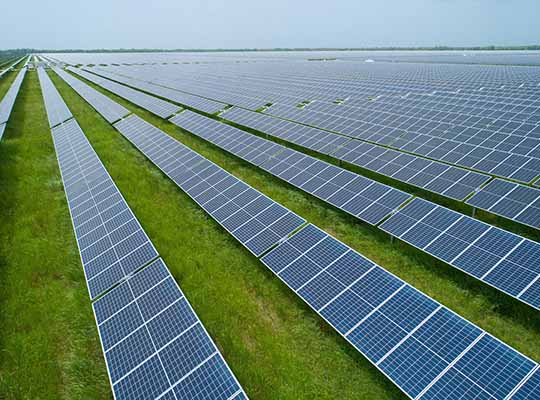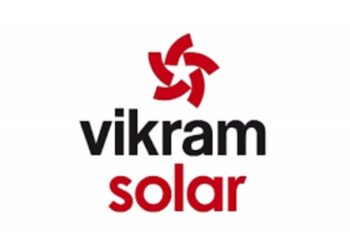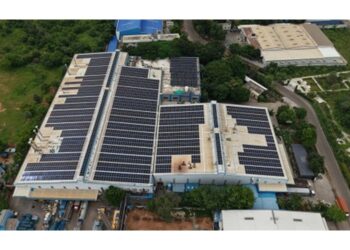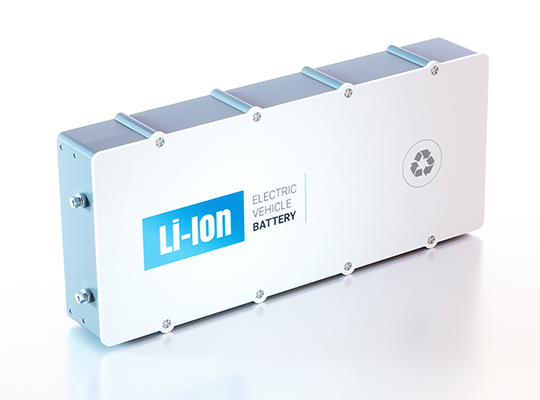Atlas Renewable Energy just signed a power purchase agreement with Albras, the largest primary aluminum producer in Brazil. Under the US dollar contract, Atlas will supply sustainable solar energy to Albras for 21 years, the longest term ever signed in Latin America for a corporate renewable energy PPA.
The energy provided to Albras under this PPA will be supplied by the Vista Alegre Photovoltaic Project, with operations expected to start in 2025. The plant will be located in the state of Minas Gerais with an installed capacity of 902 MWp and will generate approximately 2TWh/year, which is equivalent to removing more than 61,800 cars of the streets of Sao Paulo and offsetting approximately 154,000 tons of CO2 emissions per year.
“This is an important step for Atlas as we continue our focus to partner with corporate customers to support their energy transition to clean energy. The closing of our second contract with Albras attests to our ability to provide a compelling tailored energy solution to our customers. Furthermore, it offers predictability to the energy management of our customers looking to achieve their sustainability goals. The scale and term of this deal underscores Atlas’ ability to address the needs of large energy consumers with reliability of execution, while fostering best in class ESG programs in line with their values”, says Carlos Barrera, Atlas Renewable Energy’s CEO.
With this new power purchase agreement, the partnership between Atlas and Albras will enable the equivalent generation of renewable energy that could power a city with approximately 3 million inhabitants, such as Brasilia.
Furthermore, Atlas’ Vista Alegre will continue to enable ESG practices to instill long-term benefits and promote sustainable practices for the nearby communities. “We are all part of the same energy,” Atlas’ flagship social program will be implemented to promote diversity and inclusion within the renewable energy sector by training local women in technical skills and mobilizing its contractors to include them in their recruiting process, aiming to reach more than 15% of female representation within the construction of the plant.













